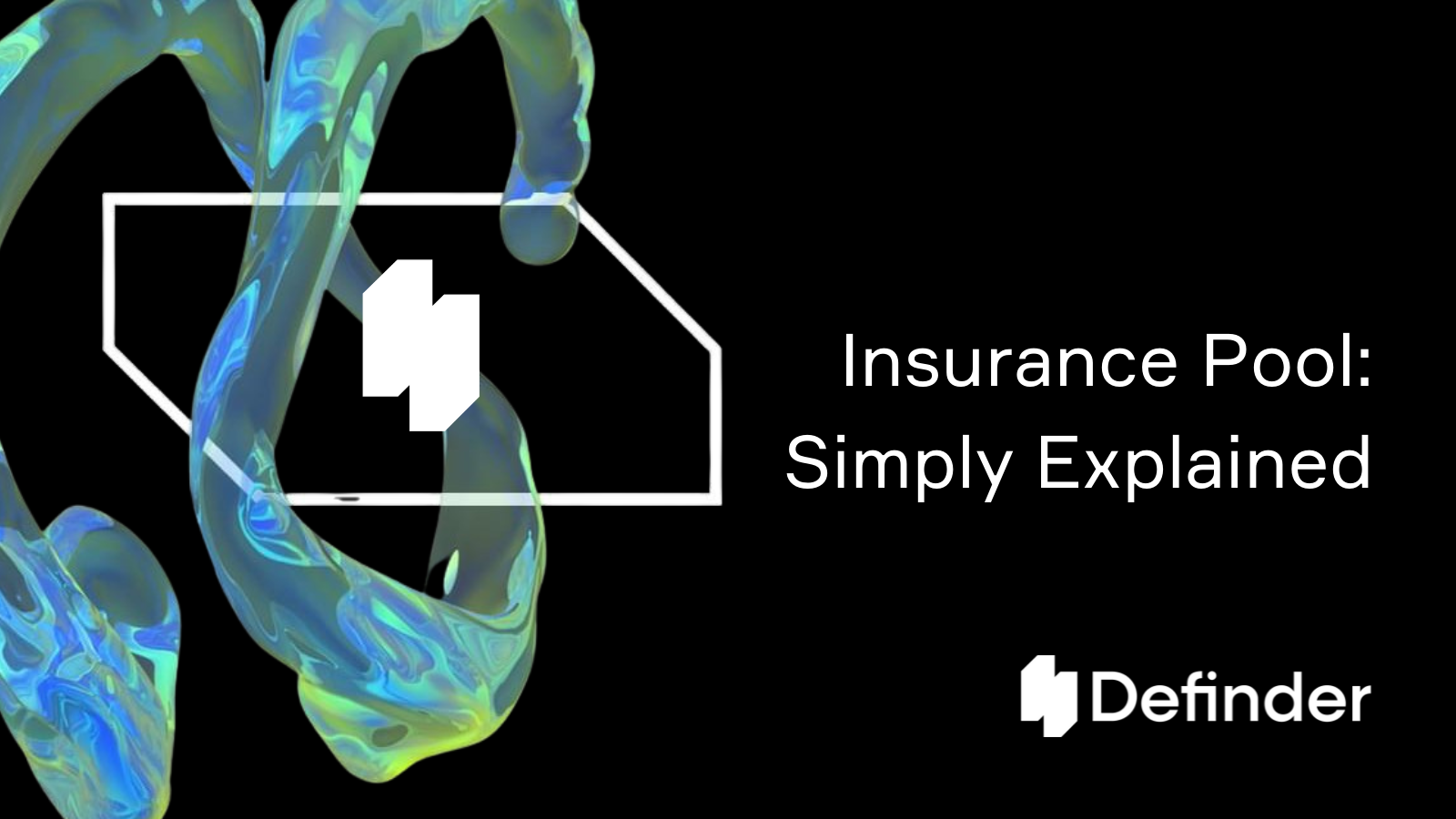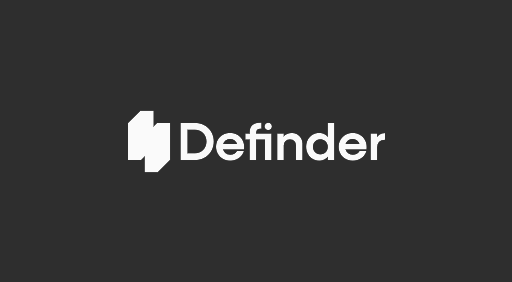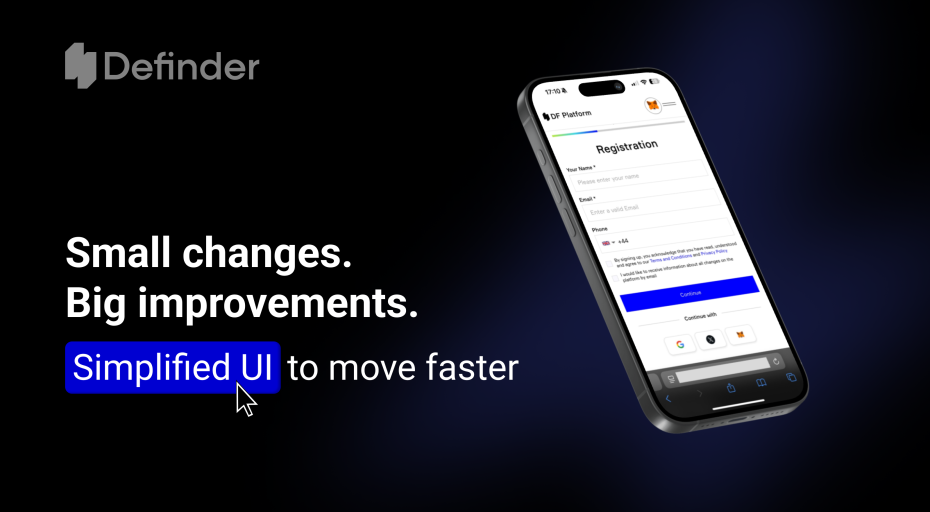
Insurance Pool: Simply Explained
DeFi tools are sometimes compared to Lego because they may be combined to produce creative solutions. To ensure that everyone benefits from sustaining the ecosystem, projects can incorporate user incentives directly into their code.
The Insurance pool is a prime illustration of this kind of connection. Although they are still relatively unknown outside of Defi ecosystems, we think that dependable and clear insurance protocols could increase the appeal of DeFi services to both consumers and institutional investors. However, a lot of consumers are unaware of what an insurance pool is and how it operates. We will discuss the Insurance pool’s purpose and operation in this article.
What is an insurance pool?
When we talk about insurance in traditional finance, we typically refer to a wide range of services, including life insurance, health insurance, property insurance, financial losses, etc. Simply put, as civilization advanced, various hazards that an individual or organization faced were considered, and a remedy was suggested that may lessen the potential effects.
A tool for protecting platform users from potential project risks and creating passive income is the insurance pool on the DF platform.
An insurance pool is a set of digital tokens (in our case, DNT) stored within a single smart contract. It can be compared to a bank account without a single owner that is governed and managed by the smart contract code’s specifications. The entire process is autonomous and automated because a smart contract is merely code running on a blockchain.
On the part of the user, participation in the insurance pool occurs through staking – depositing coins into the protocol. Users secure their assets in the protocol throughout the staking procedure for the duration of their involvement in the project of your choice. To protect your assets as much as possible and to increase revenue through DNT staking, each project will have its own insurance pool.
Key advantages of the insurance pool on the DF platform:
- Offers additional confidence to investors
- Acts as insurance for token holders
- Fully automated and secure
- Project participants receive passive income
DNT will be locked for the whole crowd loan period related to a particular target and paid back at the end of the loan period (repayment due date). This will remove part of the tokens from circulation. For high risk projects such as gaming development, for example, the liquidity pool contribution to be locked will constitute up to 15% from the crowd loan contribution amount, however, made in DNT. In this example, with contributing 1000 busd into a crowd loan, you buy from 5% to 15% equivalent in DNT and lock it at the liquidity pool for the period of the loan. The proportion of income that user-provided DNT tokens share is determined by a number of factors, including the project’s riskiness and anticipated level of profitability. On the DF platform, we have created a specific calculator that will assist users in learning how much profit they can expect from each project.
In conclusion, the insurance pool is comparable to a different approach to earn on the DF platform. You gain additional profit from participating in the insurance pool in addition to the anticipated profit at the conclusion of the project.
One of the essential aspects of the DeFi environment of the DF platform is the insurance pools. They represent the core concepts of financial security and decentralization. The platform is being developed by the entire Definder team in order to provide users with favorable and competitive staking circumstances. When our product is released, we will provide you with more information. Your feedback is crucial to us because we aim to achieve the greatest possible decentralization.
We appreciate your interest in and support for the project.




